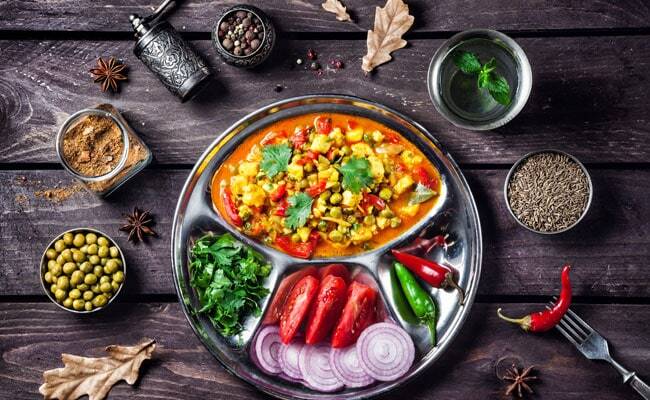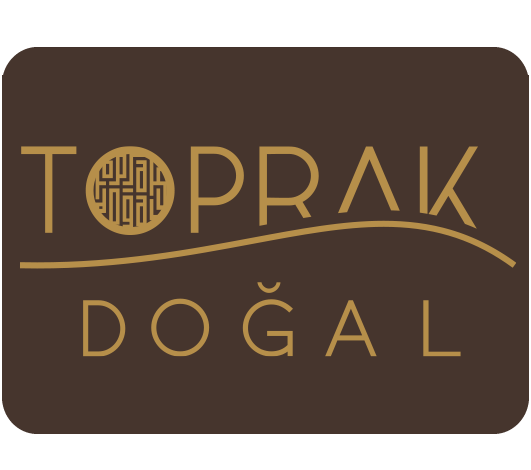
How do traditional foods play a role in healthy eating?
In recent years, the rising cases of cancer, allergies, obesity, and heart attacks have become health concerns affecting all segments of society. Research suggests that one reason for this increase is the abandonment of traditional diets.
Conscious consumers, understanding the relationship between health and nutrition, are avoiding industrialized, mass-produced products and turning towards foods grown with traditional methods and subjected to less processing. A healthy and balanced diet can indeed be achieved through traditional foods.
Why have we moved away from traditional and natural foods?
With the Enlightenment era in Western civilization and subsequent advances in science and technology, traditional production processes were replaced by industrial production.
The ability to produce food quickly, in large quantities, and more economically, coupled with attractive packaging and easy accessibility, was a dream of abundance in modern life. However, this dream has led to a shift in societal eating habits, with traditional diets giving way to an accessible, high-calorie, unhealthy eating culture.
The eating culture of modern life, which breaks away from traditional habits, has altered both the production and contents of food. When investigating the origins of increasing health problems, the finger often points to processed foods.
Studies have shown that the contents of processed foods, such as genetically modified organism (GMO)ingredients, pesticide and antibiotic residues, trans fats, excessive salt, and food additives, affect the biochemical structure of the human body, leading to health issues. These foods, which the public consumes unknowingly, contain allergenic and carcinogenic substances that exacerbate the problem.
We are mostly what we eat
Especially in recent years, the increase in heart and vascular diseases among young people has been a major focus for health professionals examining the relationship between diet and lifestyle. Excessively salty, fatty, and sugary processed foods lead to obesity and related acute or chronic diseases. Combined with a lack of physical activity, the body’s fats and chemicals affect all systems, particularly the circulatory system, leading to conditions such as hypertension, high cholesterol, insulin resistance, allergies, and diseases caused by weakened immunity.
Experts studying nutrition and health explain that even if our food satisfies our hunger, it may not nourish us at the cellular level. To stay healthy, we need to consume high-quality proteins, beneficial fats, vitamins, and minerals, which necessitates turning to foods that provide these nutrients. This is best achieved through eating traditional foods, which are nutrient-rich and have valuable content.
What does traditional food mean?
Traditional foods are products that have been based on fundamental processing methods for centuries, are natural, and have a shorter shelf life compared to today’s processed products. The most apparent difference is that traditional foods do not contain artificial additives but are preserved using natural substances like salt, vinegar, and spices to achieve a certain shelf life.
What is less known is that healthy traditional food production starts from the soil, or more broadly, from the geography…
Products grown naturally through traditional agriculture in a geography where heirloom seeds fall on fertile soil untouched by chemical fertilizers and pesticides, irrigated by rivers uncontaminated by industrial waste, and growing in still-clean air, obviously show superior nutritional and beneficial properties.
This also applies to animal products. The difference in honey, milk, butter, and cheeses produced by animals living in protected natural environments with rich plant diversity, in terms of taste and nutritional content, stands out from others.
Get closer to the earth for health!
Natural products grown in their own geography through traditional agriculture, when processed using ancestral methods, come to our tables preserving their naturalness and original flavors. These products also have a high nutritional content.
For instance, bulgur and flour made from Siyez wheat, one of the oldest wheat types whose genetics have not been modified, are much more nutritious than others.
Maraş and Uşak tarhanas made with locally produced wheat and yogurt are famous for their taste and nutritional content.
Macahel Honey and Hatila Honey from the untouched nature of Artvin have been registered with geographical indications. However, Silor, a traditional product of this region, is also a favorite on dining tables.
Traditional products like Malatya’s dried apricots, Erzincan’s dried mulberries and molasses, Gümüşhane’s fruit leathers and pestils, Kars’ Gruyère cheese, malakan cheese, and belly cheese retain their naturalness due to the geography they are collected from and traditional processing methods, making them rich in proteins, fats, vitamins, and minerals, and delicious.
These valuable foods, produced in limited quantities each year, are not easy to access. Companies like Toprak Doğal, working directly with producers, conducting product analysis, and following quality control processes with global audit firms, bring traditional foods to consumers.
Increasing traditional foods in our diet is essential for a healthy life, and its importance grows even more for young generations in their developmental stages. Consuming valuable nutrients is an important investment in health, and the first step in this investment should be becoming aware of what to include and exclude in your diet, which is made up of systems that work in perfect harmony.
For more like this information, please click here.
Toprak Doğal is Turkish food exporter company.
Only premium food products and only wholesale.
For more info and wholesale supplies demands please send e-mail to us.
Address: Aydınevler District, Selçukbey Street, Number: 101-105/A
Küçükyalı Maltepe / İstanbul
bilgi@toprakdogal.com
